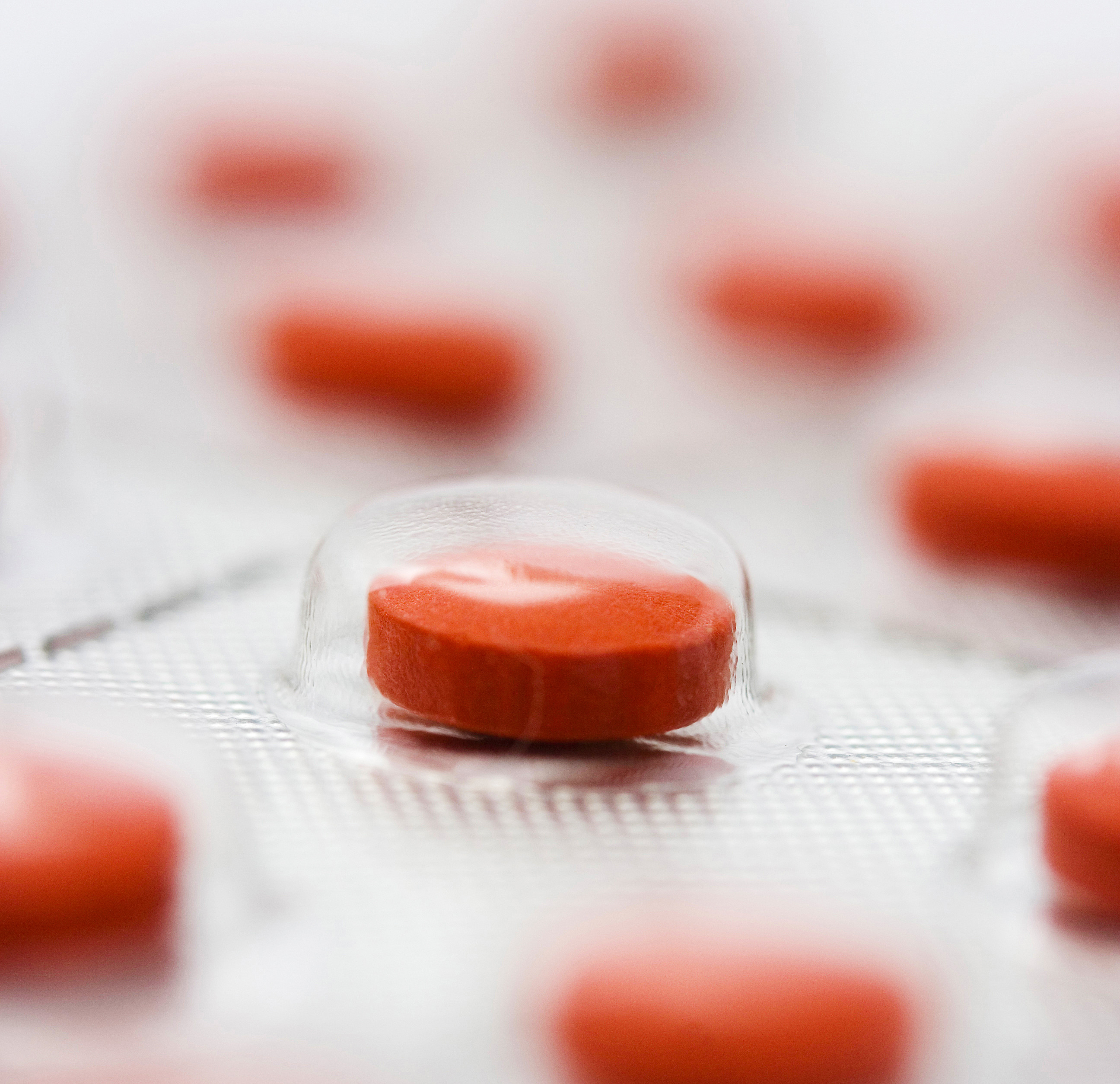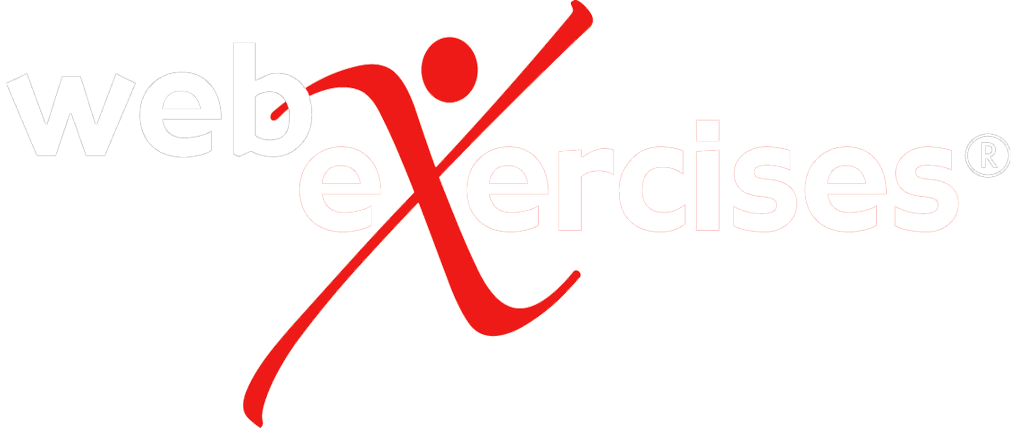
Athletes and weight lifters alike occasionally turn to non-steroidal anti-inflammatory drugs (NSAIDs) as a way to decrease delayed onset muscle soreness (DOMS). What they don’t realize is this may be keeping them from increasing their size and strength.
NSAIDs are most commonly purchased over-the-counter in the form of Aspirin, Acetaminophen (Tylenol), and Ibuprofen (Advil) as a way to decrease pain and inflammation following an injury. When we sustain an injury our body responds by sending white blood cells to the injury site and producing many chemicals necessary for the healing process. Some of these chemicals are called prostaglandins. It is these prostaglandin’s that help regulate the inflammation process. Along with this regulation they also stimulate pain receptors causing us to experience pain. NSAIDs work by inhibiting prostaglandin’s, resulting in reduced pain and inflammation.
Many athletes and weight lifters turn to NSAIDs as a way to improve performance by decreasing DOMS and shortening their recovery time of muscle soreness. According to the latest research, the effectiveness of this is controversial. Four of nine studies found a particular NSAID to be effective in reducing pain levels of DOMS while the other five studies did not. Additionally, athletes who suffered from DOMS and ingested NSAIDs reported a shorter recovery period ranging from three to ten days. This was measured with 1-rep max leg extension exercises.
However, this shortened recovery was found in the same studies that reported decreased muscle soreness. Therefore, this improvement can be attributed to the lack of muscle soreness.
Will NSAIDs help my strength training if they reduce DOMS and improve recovery time? Not if muscle strength and growth is important to you. First, NSAIDs have been shown to inhibit protein synthesis (making new protein) after weight training exercises. In one study, protein synthesis was shown to be elevated by more that 75% twenty-four hours following resistance training. This protein synthesis is what is responsible for muscle becoming stronger and bigger. In subjects who took NSAIDs, protein synthesis was not elevated at all.
Second, NSAIDs have been shown to delay muscle regeneration in animals. Muscle regeneration and repair is important following heavy resistance training where eccentric or negative repetitions are emphasized. This resistance training causes microscopic injury to muscle fibers that needs to be repaired. Delaying this repair does not allow the muscle to become stronger.
NSAIDs do not need to be completely avoided. They are effective for acute injuries helping to reduce pain and inflammation. However, they should be used judiciously. Long term or chronic use may lead to gastrointestinal and kidney problems. Consult your healthcare professional for additional questions.
